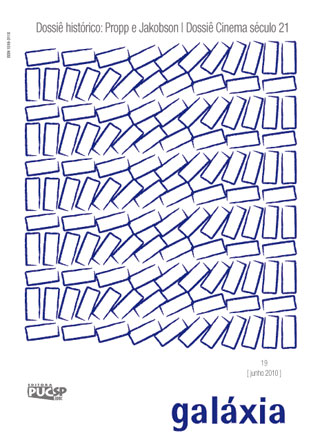Estômago de ostra - notes on translation processes in Haroldo de Campos, Vilém Flusser and Guimarães Rosa
Keywords:
translation, anthropophagy, Guimarães Rosa, Haroldo de Campos, Vilém FlusserAbstract
From the ideas of Oswald de Andrade about anthropophagy (Manifesto Antropófago, 1928), which rivaling the “bon sauvage” of Rousseau revitalize the notion of a rebellious, irreverent and mocking cannibal, introduces into the artistic and academic Brazilian tradition the notion of “devouring the other” as an epistemological metaphor for translation between cultures. Anthropophagic translation or translated anthropophagy as an experience of alterity, but also as creative devoration - sometimes demeaning -, but above all seen as a process of transculturation. Linguistic and literary experiments and essays with theoretical tone echo these ideas. This paper deals with the thought of the Brazilian writer Joao Guimarães Rosa, the philosopher and essayist Vilém Flusser and the poet and translator Haroldo de Campos, emphasizes the intercessions and singularities of language and translation processes.Downloads
Published
2010-07-24
How to Cite
Reinaldo, G. (2010). Estômago de ostra - notes on translation processes in Haroldo de Campos, Vilém Flusser and Guimarães Rosa. Galaxia, (19). Retrieved from https://revistas.pucsp.br/index.php/galaxia/article/view/2846
Issue
Section
Artigos | Articles
License
I cede the copyrights to publication of my article to Galaxia journal and will consult the journal’s scientific editor should I decide to republish it later in a book.



 Este obra está licenciada com uma Licença
Este obra está licenciada com uma Licença 